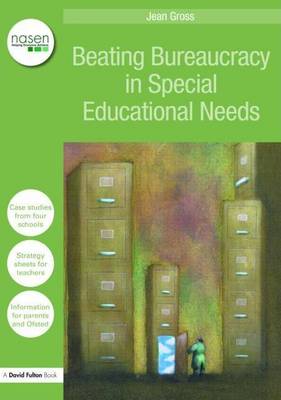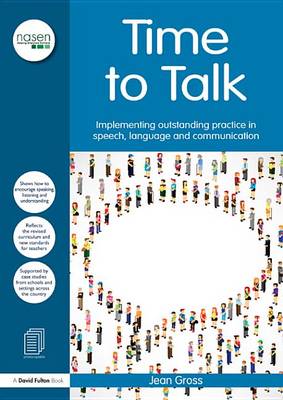David Fulton / Nasen
2 total works
Are you overwhelmed by the amount of paperwork that SEN generates in your school? Would you like to spend more time actually improving the quality of teaching and learning for pupils with SEN or disabilities? If so, this is an essential book for you.
Containing practical strategies for reducing the number of individual education plans and review meetings, `Beating Bureaucracy' will help you to use existing systems for target setting, recording and planning - personalised systems that are used for all children as part of everyday teaching practices. The book showcases the work of four schools that have successfully developed ways of planning provision, working with parents, and supporting staff development. Ready-to-use proforma in the book are also available online, and include:
a model policy to give to Ofsted to explain why the school does not use IEPs
an information sheet for parents
curriculum planning formats
strategy sheets that can be highlighted and given to class and subject teachers
proformas for commonly used interventions that describe the intervention, its target group, its entry and exit criteria, and monitoring and evaluation arrangements.
This invaluable resource will help you (in the words of one SENCO) `get your life back'. Adopting the new and more effective ways of working presented here will reduce the bureaucratic burden on your school - whilst at the same time improving the impact of your SEN provision on children's learning and well-being.
This practical and engaging book also provides:
- whole-class approaches to developing all children and young people's speaking and listening skills;
- 'catch-up' strategies for those with limited language
- ways in which settings and schools can develop an effective partnership with specialists, such as speech and language therapists, to help children with more severe needs;
- examples of good practice in supporting parents/carers to develop their children's language skills;
- answers to practitioners' most frequently asked questions about speech and language.
This book is for all school leaders, teachers and Early Years practitioners concerned about the growing number of children and young people with limited language and communication skills.

